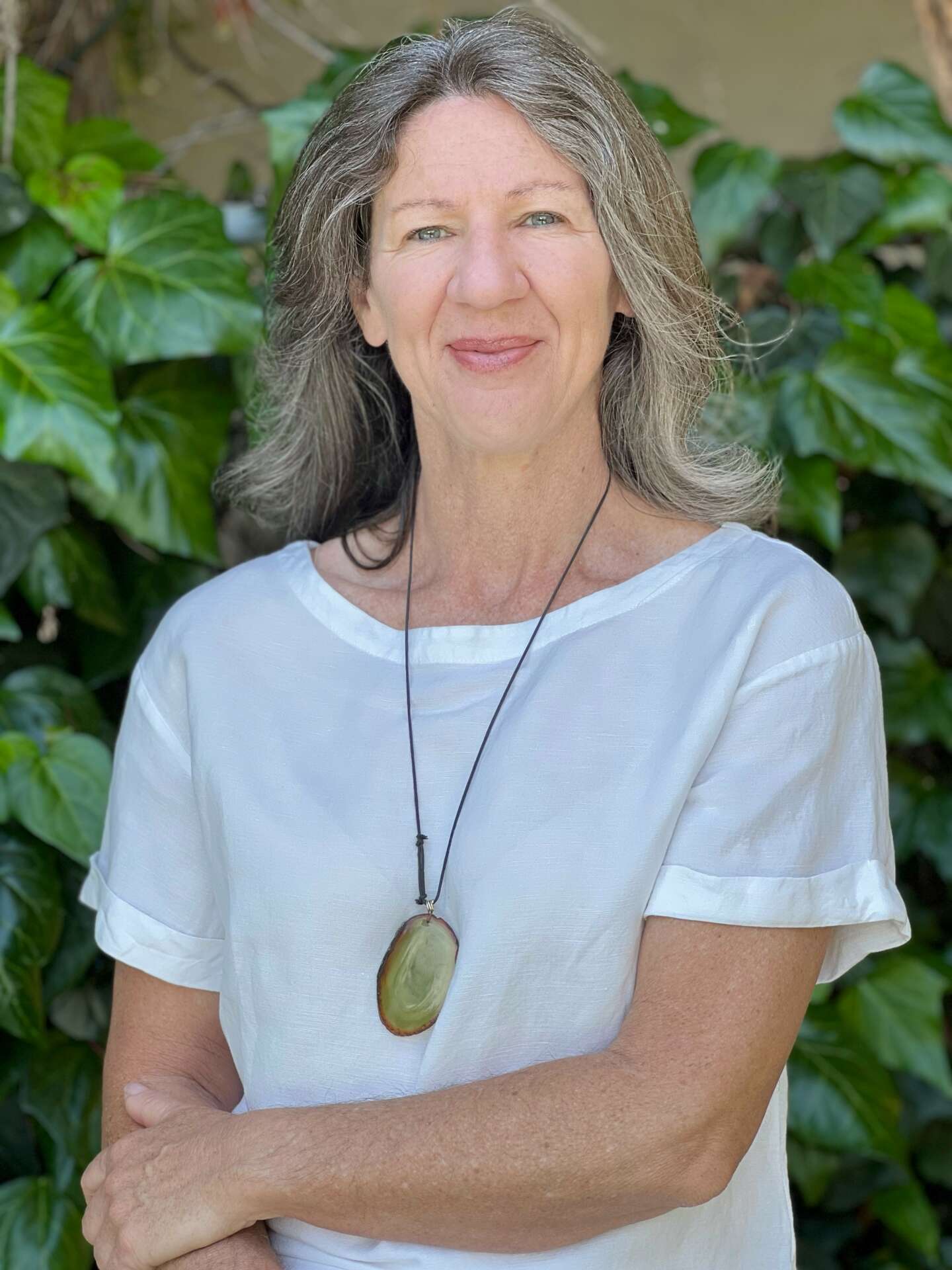We were lucky to catch up with Claudia Paganin Newlands recently and have shared our conversation below.
Claudia, thanks for joining us, excited to have you contributing your stories and insights. Coming up with the idea is so exciting, but then comes the hard part – executing. Too often the media ignores the execution part and goes from idea to success, skipping over the nitty, gritty details of executing in the early days. We think that’s a disservice both to the entrepreneurs who built something amazing as well as the public who isn’t getting a realistic picture of what it takes to succeed. So, we’d really appreciate if you could open up about your execution story – how did you go from idea to execution?
The idea came in February of 2020 when I was playing cards with my two brothers (now co-owners) while visiting our family in Brazil. I had been vegan for about four years and was looking to make a vegan version of the popular Brazilian dish pão de queijo, or cheese bread. When I was back in the United States — and quarantined in my house — I began working on the idea. Originally, the plan was to create frozen cheese bread to be baked at home, as this is what I often saw in grocery stores. But as I began experimenting and reading about food production, my plans shifted. A lesson that stuck with me was the importance of keeping an open mind. Often, the final product is going to look much different from the original idea for a business . For example, producing frozen vegan cheese bread presented a lot more challenges (i.e., energy consumption) than creating a dry mix. An important tenet of this business is sustainability, so if excessive energy consumption could be avoided, we were going to avoid it.
By keeping an open mind, and giving lots of samples to neighbors and friends, we were able to shift our focus into developing a dry mix. This dry mix would not only circumvent issues like energy use, but also other issues such as allergies.
One year later, we began selling at farmers’ markets, under the Cottage Law regulations. This was the first step in forming communities and scaling up. At the same time, we worked to develop a website and apply for a commercial kitchen license. This application to a commercial kitchen would allow us to ship nationwide and sell to retail stores.
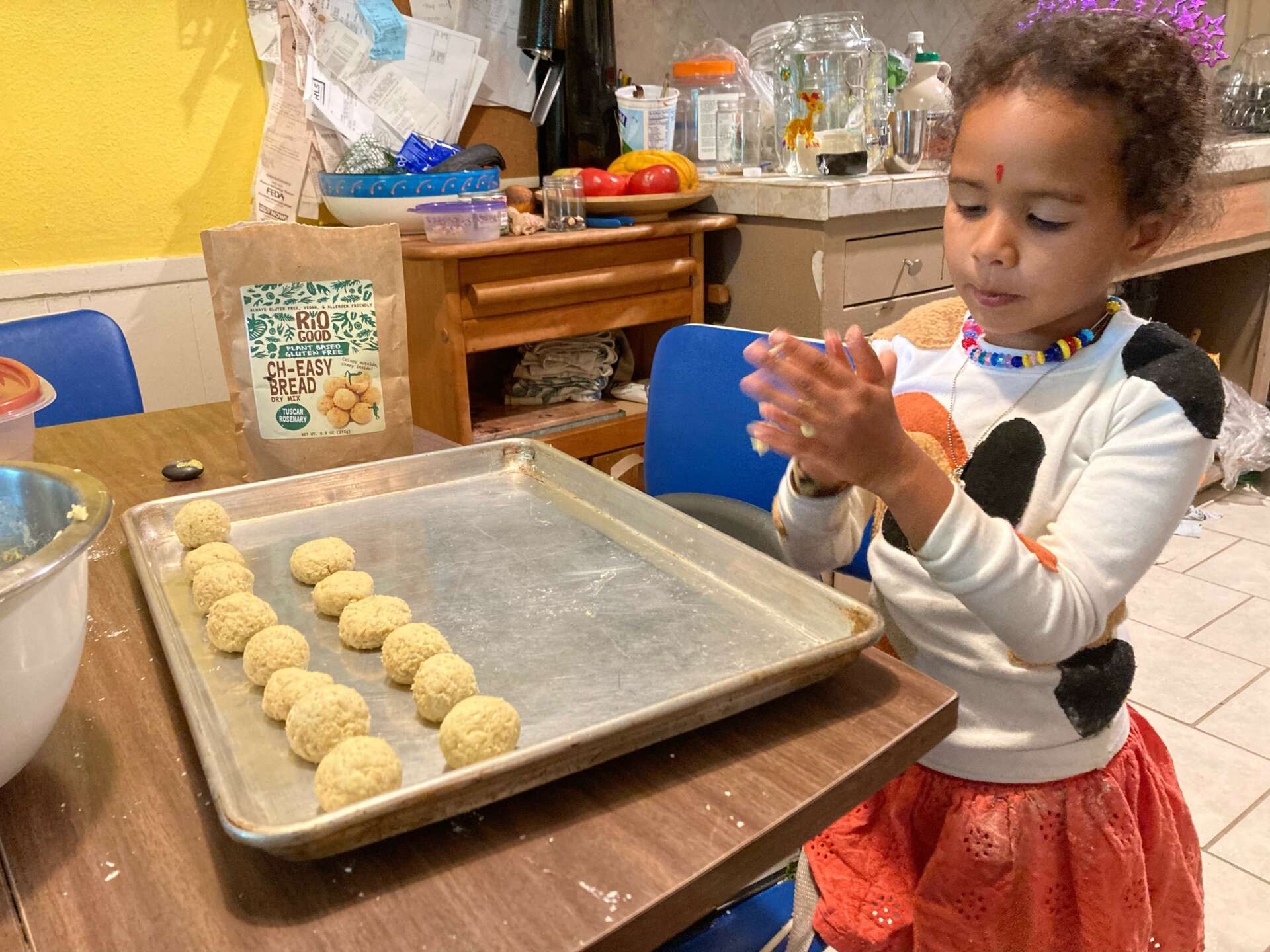
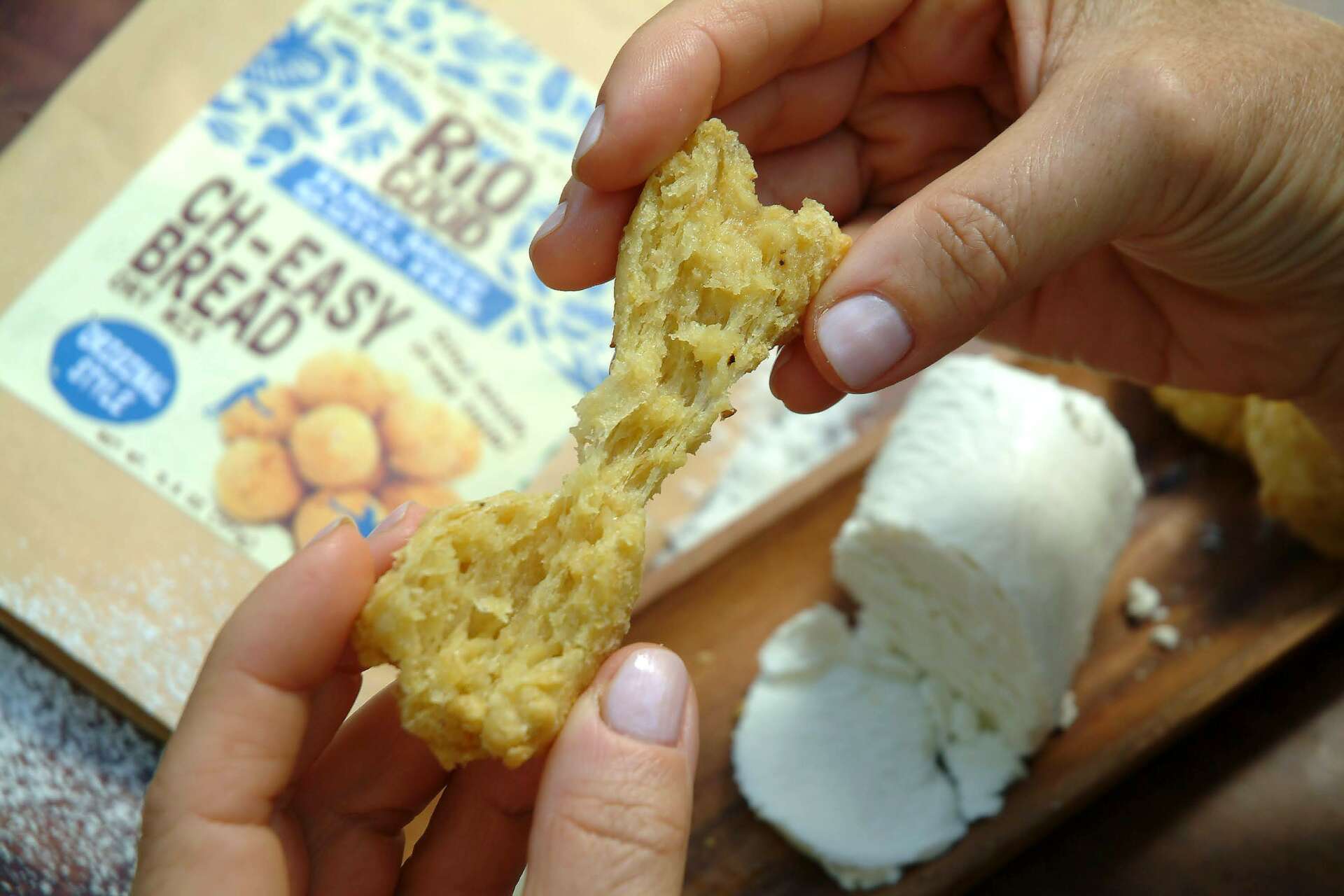
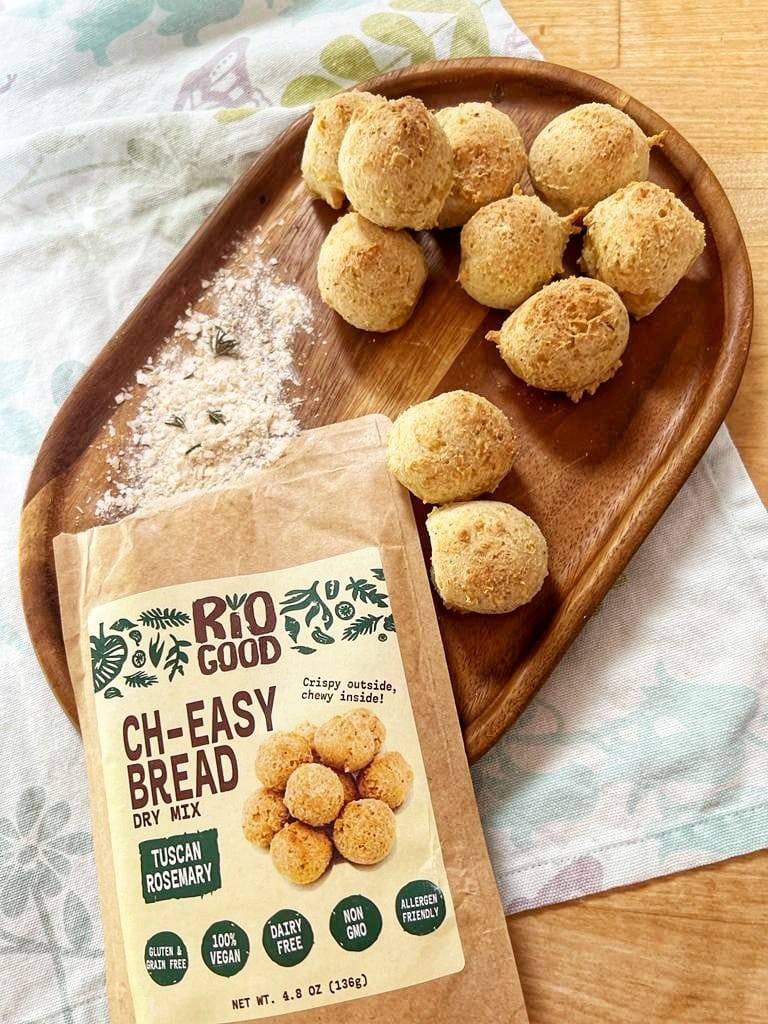
As always, we appreciate you sharing your insights and we’ve got a few more questions for you, but before we get to all of that can you take a minute to introduce yourself and give our readers some of your back background and context?
Our mission is simple: make sustainability accessible and delicious.On our end, we minimize our use of plastics in production and reduce our CO2 emissions with 100% carbon-neutral shipping. Clients aid us in this mission of sustainability because our packaging is compostable. Sustainability in terms of diet should not be limited to a particular group of people either. That’s why Ch-easy Bread is gluten-free, dairy-free, soy-free, grain-free, nut-free, and 100% vegan. Those with allergies or those looking to reduce their consumption of animal products, or both, are able to enjoy our products with peace of mind. Essentially, we provide an alternative to people.

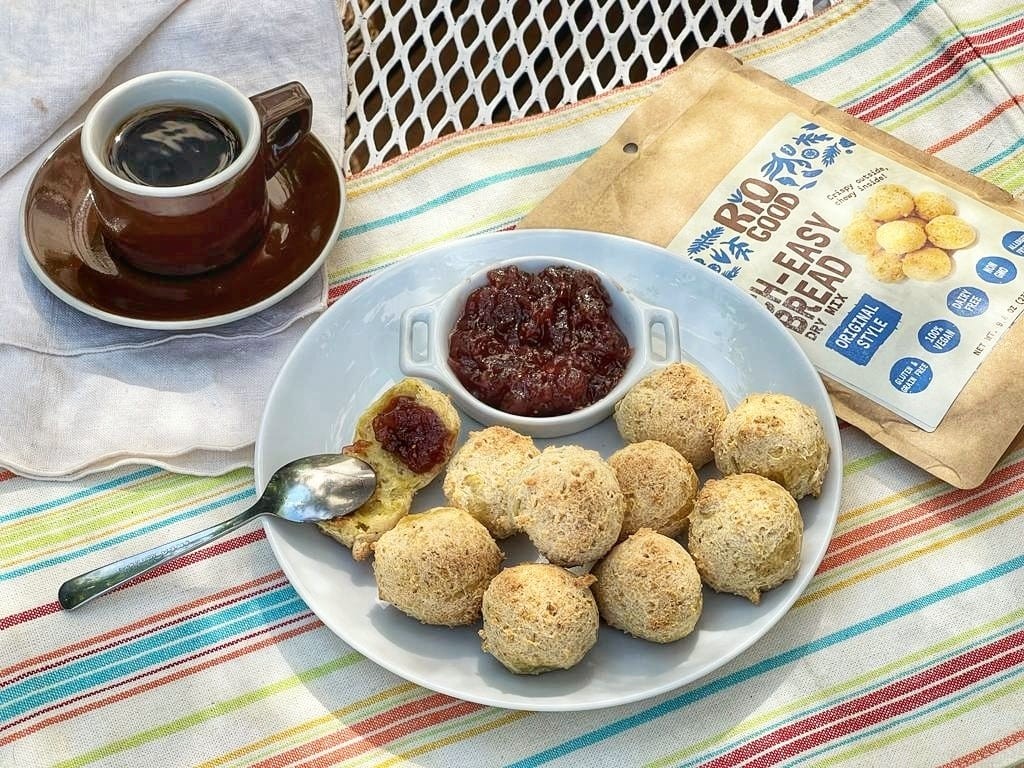
Learning and unlearning are both critical parts of growth – can you share a story of a time when you had to unlearn a lesson?
II had to unlearn how to not be such a perfectionist. I know it sounds cliché, but it was quite debilitating at times. Being a first-time business owner, I felt like I had no idea what I was doing, and I was very nervous about making mistakes. Turns out: everyone makes mistakes! As I spoke to more small business owners, I quickly learned this: no matter how long you have been in the game you still made mistakes. Obviously, I made plenty of mistakes, and I would often dwell on them and beat myself up over them. But I soon realized that I should not be spending so much energy on such negative feelings, and I found that people were often much more understanding than judgmental. Also, when mistakes happened I began focusing my energy on more productive emotions such as compassion. Mistakes became an opportunity to learn and a chance to show myself compassion.
By unlearning my perfectionist tendencies, I learned that I am not my company. I deeply care about my business, but it is only a part of my whole person.

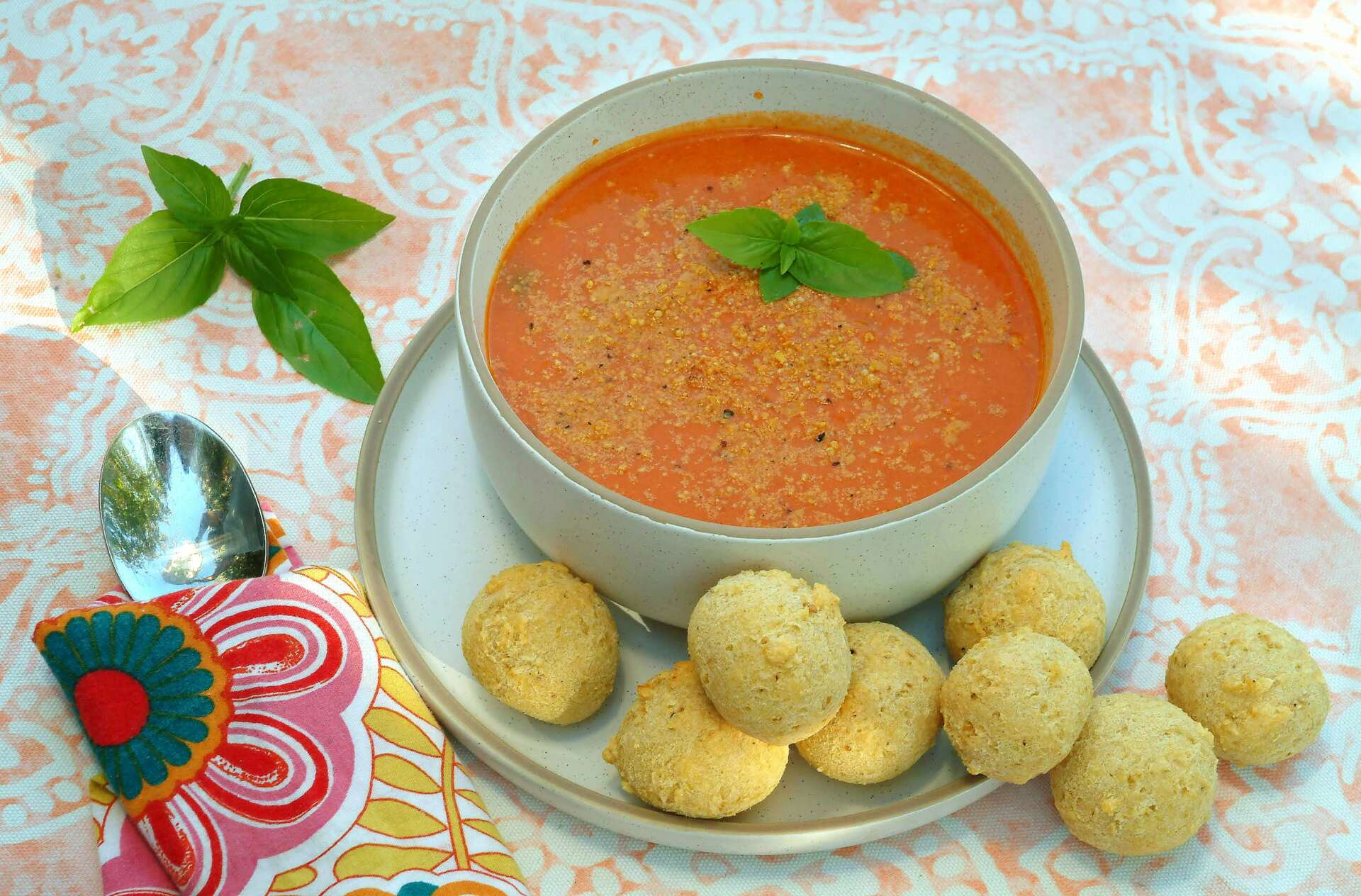
How about pivoting – can you share the story of a time you’ve had to pivot?
I had to massively pivot my business when I decided to leave my part-time job and move to a different state. RioGood was created in Austin, Texas. I had formed a community of clients and sold regularly at farmers’ markets and retail stores back in Austin. Last year, my partner and I decided to move to Bend, Oregon. This upended the network I had worked so hard to make. I was basically at square one again but, thankfully, with more knowledge. There was nothing to do but get to work when I got to Oregon. I rolled up my sleeves, found a new kitchen, fulfilled new health department requirements, found a new farmers’ market, sold at new retail stores, and (again) made a name for myself in the local community. I’m very thankful for how open and receptive everyone in Oregon was, it made the process easier. Today, I’m very happy to be part of the small business community in Oregon.
Contact Info:
- Website: riogood.com
- Instagram: eatriogood
- Facebook: eatriogood
- Linkedin: Claudia Paganin Newlands


